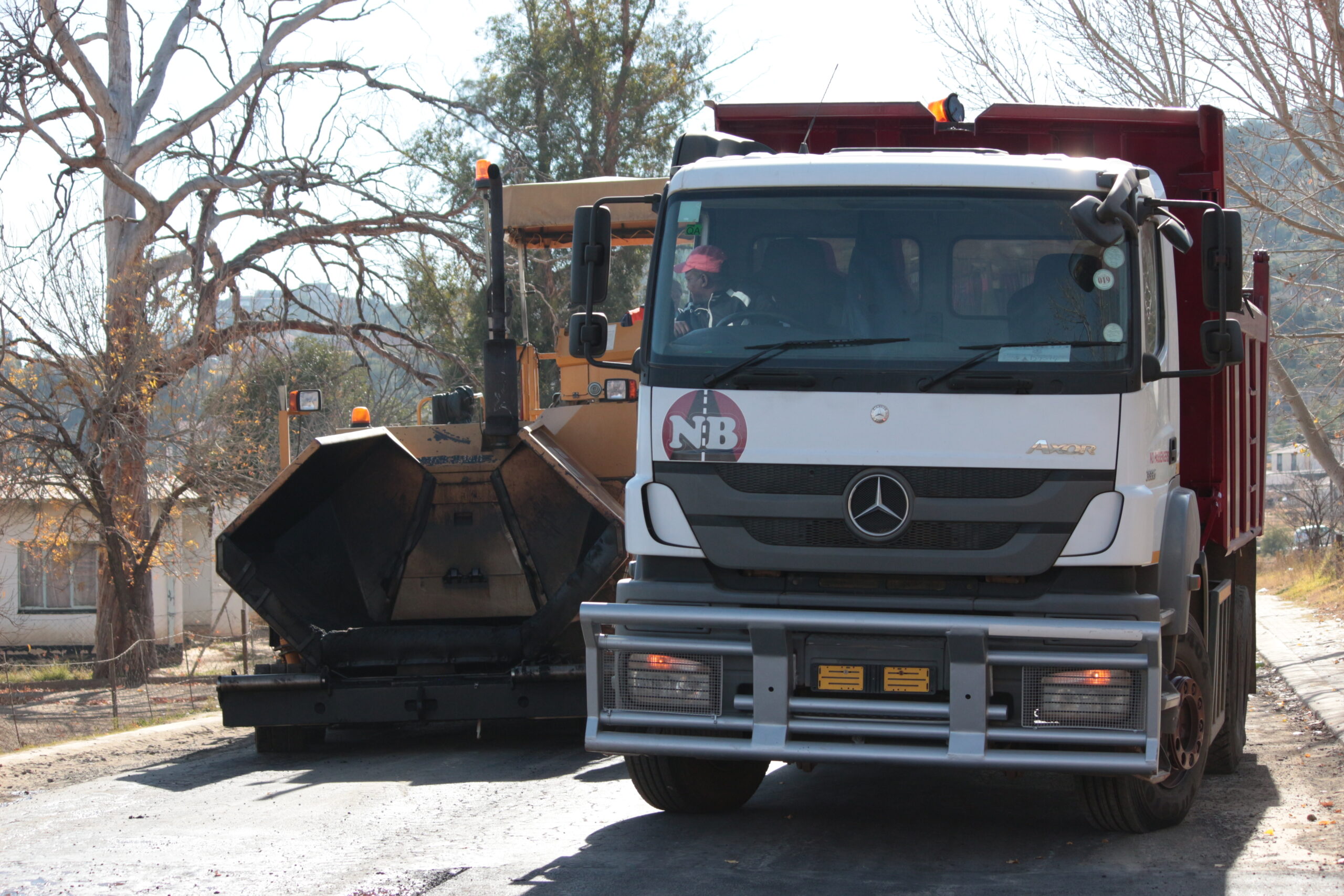Chinese companies dominate Polihali contracts
Ntsoaki Motaung
Four Chinese companies will claim a share of M17 billion on offer for the major works in the construction of Polihali dam.
Lesotho Highlands Development Authority (LHDA) recently announced Sinohydro Bureau 8, Sinohydro Bureau 14 (both from China), Unik Civil Engineering from South Africa, and Nthane Brothers from Lesotho, as winners of a M7.68 billion contract to construct the Polihali dam.
The joint venture is called the SUN.
Subcontractors for the contract include Melki Civils and Plant Hire from South Africa, MECSA Construction from South Africa, SIGMA Construction from Lesotho and Kunming Engineering from China.
Construction will be supervised by the Matla a Metsi Joint Venture, which comprises GIBB from South Africa, MPAMOT Africa from South Africa, Tractebel Engineering SA/Coyne et Bellier from France and LYMA Consulting Engineers from Lesotho.
LHDA also announced Yellow River Company, Sinohydro Bureau 3 (both from China), and Unik Civil Engineering from South Africa, as main joint venture partners in a M9.2 billion contract to construct the Polihali transfer tunnel, under a joint venture called Kopano Ke Matla.
Subcontractors include Nthane Brothers of Lesotho, Esor Construction and Mecsa Construction of South Africa.
Construction will be supervised by Metsi a Senqu-Khubelu Consultants (MSKC) joint venture. MSKC comprises Lesotho-based FM Associates and South African firms Zutari South Africa, Hatch Africa, Knight Piesold and SMEC South Africa, the main JV partners.
Works under the two contracts are to begin in November and December this year, respectively.
Lesotho and South Africa, the custodians of the Lesotho Highlands Water Project (LHWP) under which the Polihali dam is being constructed, have only two companies as main partners in the two major works with the largest contract amounts to date.
LHWP is a multi-phased, multi-billion Maloti project between the governments of Lesotho and South Africa. It comprises water transfer and hydropower generation components with associated ancillary developments.
The water transfer component entails the construction of dams and tunnels in Lesotho, enhancing the use of water from the Senqu (Orange) River and its tributaries by storing, regulating, diverting and controlling the flow to effect the delivery of specified quantities of water to South Africa, and utilizing the delivery system to generate hydro-electric power in Lesotho.
Polihali dam construction, the second phase of LHWP, adds 2 325 million cubic metres in storage capacity to the LHWP and will increase the current annual supply rate capacity from 780 million cubic metres to 1 270, contributing towards meeting South Africa’s increasing water needs.
The additional flow of water from Polihali will simultaneously increase power generation within Lesotho towards meeting Lesotho’s domestic needs and reducing the country’s dependence on electricity imports.
The Polihali dam is a concrete-faced rockfill dam, like the majestic Mohale Dam, which was constructed in Phase I of the LHWP. It will create a reservoir on the Senqu and Khubelu rivers with a surface area of 5 053 hectares. The infrastructure also includes a spillway, a compensation outlet structure and a mini-hydropower station.
The Polihali transfer tunnel will transfer water by gravity from the Polihali reservoir to the Katse reservoir, the centrepiece of the LHWP.
From Katse, water is transferred via the delivery tunnel to the ‘Muela Hydropower Station constructed in Phase I, and then on to the Ash River outfall outside Clarence in the Free State on its way to Gauteng.
“This is an exciting moment for the Project and the LHDA. With our experience in successfully delivering large and complex infrastructure projects, we are confident that we will deliver quality engineering showpieces even as we carefully manage impacts on people and the environment,†said LHDA Chief Executive, Tente Tente at the announcement of the two contracts award.
“Both joint ventures include Lesotho, South African and international companies in keeping with Article 10 of the Phase II Agreement.â€
Phase II Divisional Manager, Ntsoli Maiketso, said the completion of the dam would increase delivery of water to South Africa by approximately 50 percent of what it is already delivering by 2028 when the Polihali Dam construction is completed.
He said Lesotho was delivering to South Africa about of 780 million cubic metres a year and once Polihali is active the amount will increase almost by 50 percent to 1 270 million cubic metres a year.
He said the additional flow of water from Polihali would simultaneously increase power generation within Lesotho towards meeting Lesotho’s domestic needs and reducing the country’s dependence on electricity imports.
Polihali Branch Manager, Gerald Mokone, said about 4 000 skilled and unskilled people have been engaged by various constructors and consultants for the advance infrastructure works.
“For the main works, the project will have balanced numbers of people from all districts that have registered when they were told to.
“Constructors will request labour from LHDA and people will be taken from the list and they will know through radios when they have been called for work.
“We are talking 3,000 people that will rotate after two years and that means the 3,000 can be multiplied by three to give a picture of how many people are expected to benefit from the dam construction in terms of employment,†Mokone said.

Your Trusted Source for News and Insights in Lesotho!
At Newsday Media, we are passionate about delivering accurate, timely, and engaging news and multimedia content to our diverse audience. Founded with the vision of revolutionizing the media landscape in Lesotho, we have grown into a leading hybrid media company that blends traditional journalism with innovative digital platforms.







